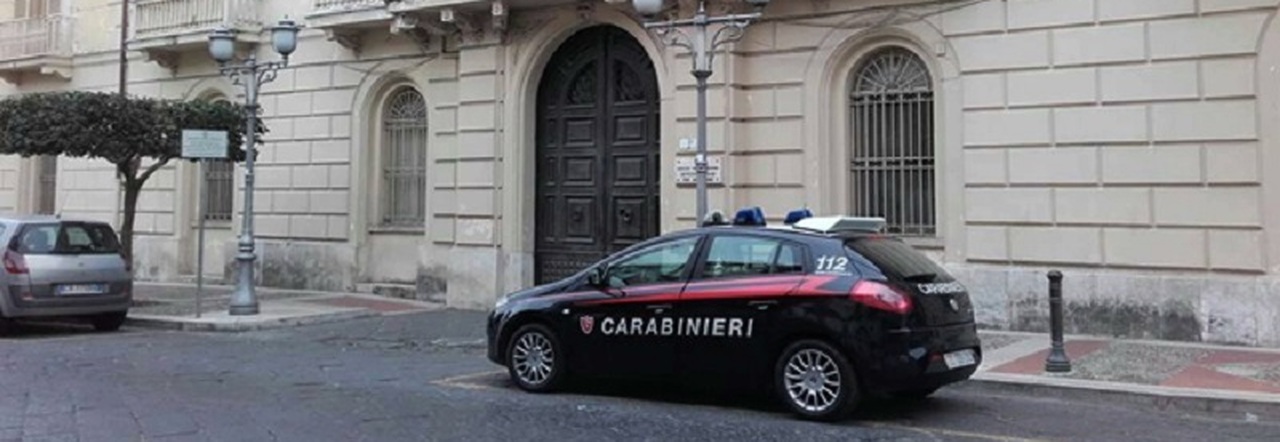Two North African inmates, in health isolation because they are affected by scabies, destroyed a cell and attacked three officers of the prison police in the Airola juvenile prison. The incident was reported by the regional deputy coordinator for the juvenile sector of Campania of the Autonomous Prison Police Union (Sappe), Sabatino De Rosa.
When one of the two inmates, after the control visit, was judged healed (and therefore could return to the community) he went into a rampage because he did not want to leave his companion. The two then began to smash the table and chairs in the cell and to self-inflict cuts on their arms in protest. In addition, they launched against the police officers everything that was at their disposal in the cell, to the point of hitting some officers with a piece of wood.
On the spot, the medical staff of 118 had to treat inmates and injured police officers.
'The Sappe - reads a note from Donato Capece, general secretary of the Sappe - expresses closeness to the injured police officers, applauds all those who intervened and says enough to these continuous assignments of inmates at the Sannita juvenile prison, now close to closure for the renovation work planned for next March. The structure no longer allows the prison police staff to work respecting at least the minimum safety criteria and it is not acceptable that inmates continue to be assigned to Airola. It is not acceptable that, in order to assign these two inmates (coming from the Ipm of Turin), they were allowed to take a commercial flight in contact with other civilians knowing that they were already affected by scabies'.
'For years - Capece concludes - especially since politics has decided that even adults up to 25 years old can be detained in juvenile prisons, we have asked in vain to the top of the Department of Juvenile Justice and Community that management and treatment policies are adapted to the change in the juvenile prison population, which is increasingly characterized by significant criminal profiles already from 15/16 years of age and, at the same time, by adults up to 25 years old who continue to be detained. The Italian juvenile prison reality is more complex and problematic than what is imagined'.

